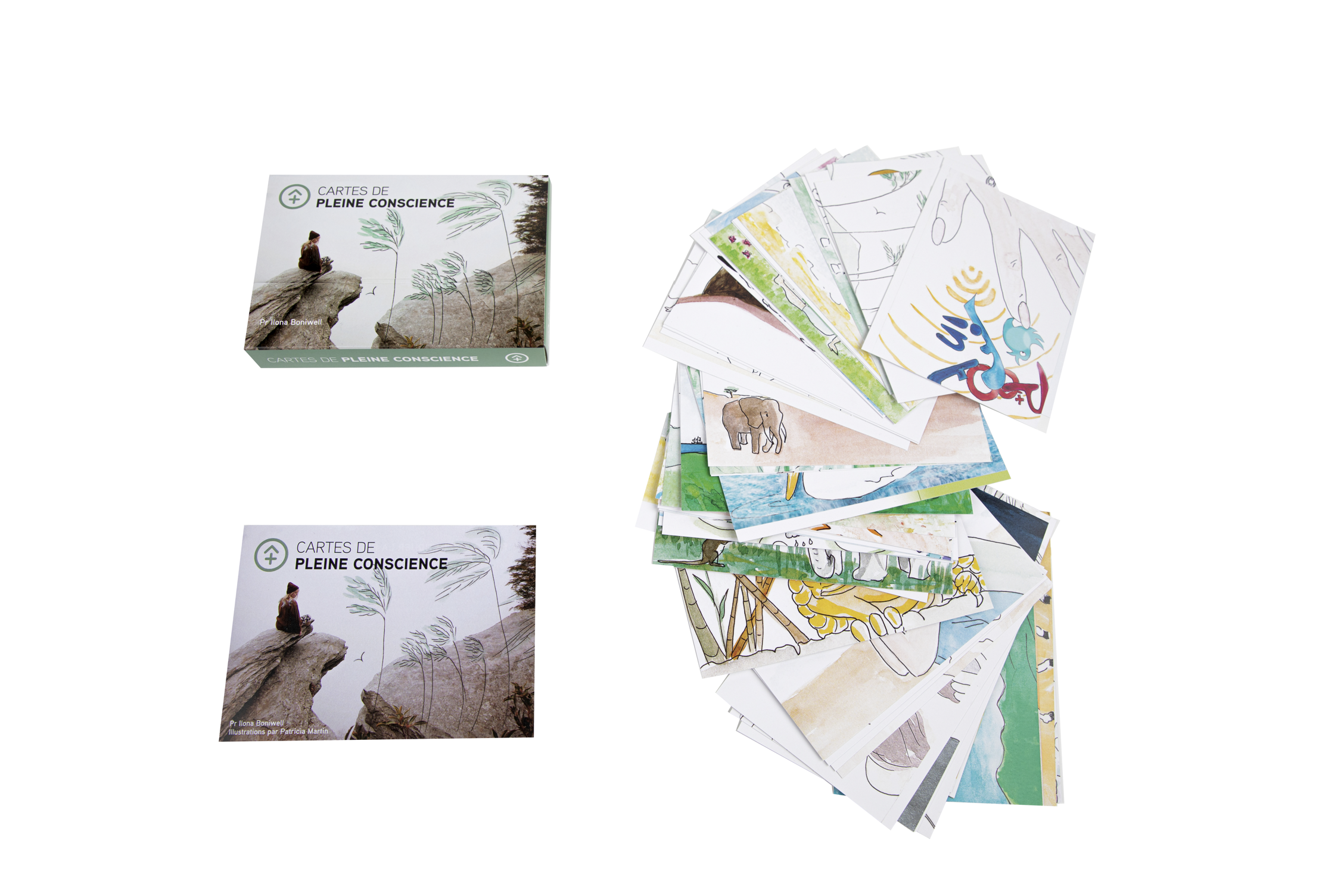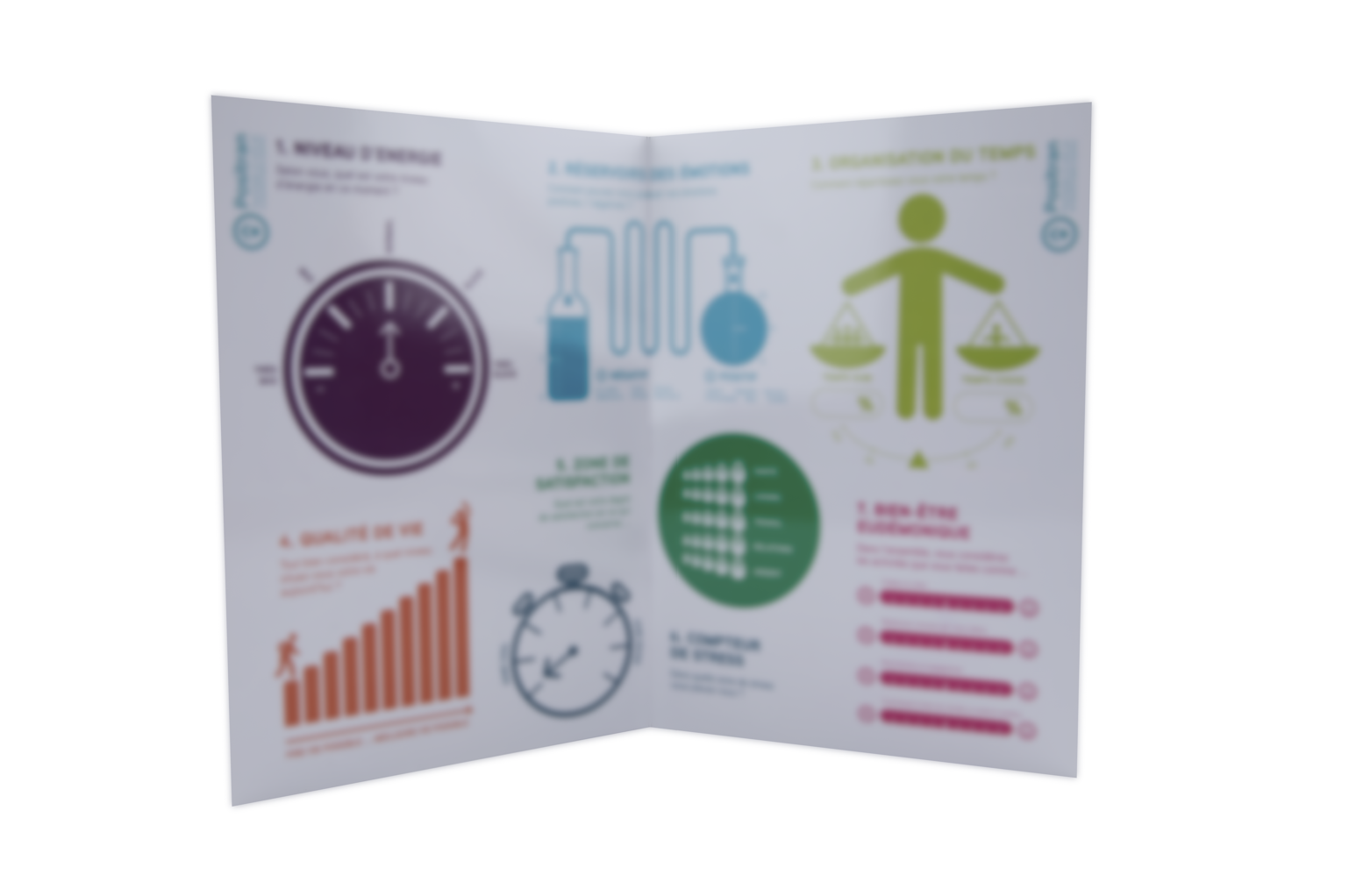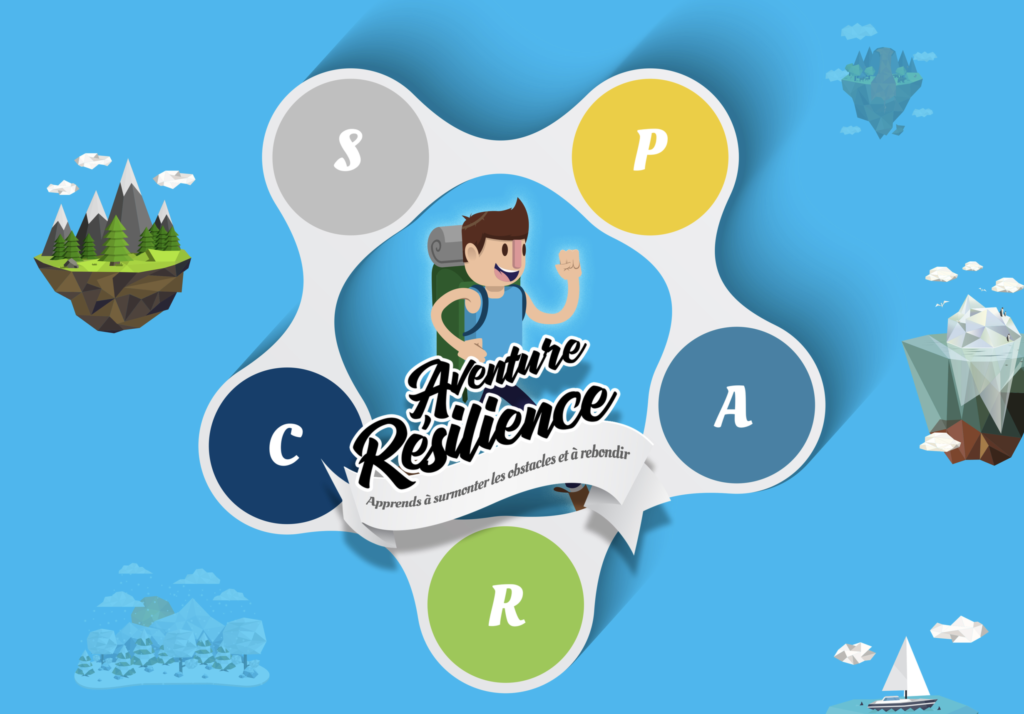
Stress Programme - Developing Team Resilience "SPARK"
250€ HT - 300€ TTC
Team Resilience: Building Unbreakable Teams with the SPARK® Method (Level 2)
Having strengthened your own resilience, this day will equip you with the tools to become the catalyst for your team's resilience. Transform your leadership into a powerful lever for building a culture and processes that enable your team not only to withstand shocks, but to emerge stronger.

Objectives
Diagnose your team's resilience level using the SPARK® model.
Establish a climate of psychological safety, an essential condition for risk-taking, collaboration and collective recovery.
Co-construct and lead team rituals (debriefings, management of collective emotions, etc.) to strengthen the "muscles" of collective resilience.
Added values
For the participant:
You'll move from managing your own resilience to orchestrating your team's resilience. You'll learn how to diagnose gaps in collective resilience, establish a climate of psychological safety, and implement concrete rituals and processes (inspired by the SPARK® model) so your team can become a cohesive, agile, and learning unit under pressure.
For the company:
This is the ultimate step in anchoring a culture of sustainable performance. By training "Weavers of Collective Resilience," you create teams capable of managing complex projects in the face of uncertainty, collaborating effectively in times of crisis, and transforming failures into innovation. This is a major competitive advantage that reduces turnover and increases engagement.
Issues addressed
Teams that fragment or conflict under pressure. Difficulty learning collectively from failures or mistakes. Loss of trust, collaboration, and shared vision during times of crisis. "Savior syndrome": the manager becomes exhausted trying to carry the entire team load. Maintaining the cohesion and performance of hybrid or remote teams.
Access conditions
Integrated training approach:
The training is based on an interactive and engaging teaching method, alternating theoretical contributions, individual and group exercises, simulations, role plays, and facilitated discussions centered on experience and sharing.
Experiential Methodology:
Self-diagnosis for personal awareness.
Workshops in subgroups promoting the exchange of ideas.
Concrete case studies to link theory to practice.
Role-playing games to simulate real-life situations.
Scientifically validated tools.
Optional (extra charge):
Possibility of follow-up modules or post-training coaching for individualized support.
Our training courses are accessible to people with disabilities.
A disability advisor is available to help you study the specific adjustments required.
Registration via a quote request or by email.
Access time according to the training programming schedule, subject to availability.
Registration is validated upon receipt of the signed agreement.
Contact: formations@positran.fr
Assessment methods
Assessment of acquired knowledge:
Each activity aims to apply the concepts covered during the training.
Questions/answers at the end of each teaching sequence
Formative assessment through observation and feedback from the trainer and peers during workshops.
Summative assessment through a concrete case study.
Satisfaction Questionnaire:
Hot off the press, to gather participants' immediate impressions.
Training Certificate:
Certificate of completion of training mentioning the skills targeted.
Certificate of completion.
3-month survey:
Measure impact with the percentage of participants who implemented key concepts.
Diagnose your team's resilience level using the SPARK® model.
Establish a climate of psychological safety, an essential condition for risk-taking, collaboration and collective recovery.
Co-construct and lead team rituals (debriefings, management of collective emotions, etc.) to strengthen the "muscles" of collective resilience.
For the participant:
You'll move from managing your own resilience to orchestrating your team's resilience. You'll learn how to diagnose gaps in collective resilience, establish a climate of psychological safety, and implement concrete rituals and processes (inspired by the SPARK® model) so your team can become a cohesive, agile, and learning unit under pressure.
For the company:
This is the ultimate step in anchoring a culture of sustainable performance. By training "Weavers of Collective Resilience," you create teams capable of managing complex projects in the face of uncertainty, collaborating effectively in times of crisis, and transforming failures into innovation. This is a major competitive advantage that reduces turnover and increases engagement.
Teams that fragment or conflict under pressure. Difficulty learning collectively from failures or mistakes. Loss of trust, collaboration, and shared vision during times of crisis. "Savior syndrome": the manager becomes exhausted trying to carry the entire team load. Maintaining the cohesion and performance of hybrid or remote teams.
Integrated training approach:
The training is based on an interactive and engaging teaching method, alternating theoretical contributions, individual and group exercises, simulations, role plays, and facilitated discussions centered on experience and sharing.
Experiential Methodology:
Self-diagnosis for personal awareness.
Workshops in subgroups promoting the exchange of ideas.
Concrete case studies to link theory to practice.
Role-playing games to simulate real-life situations.
Scientifically validated tools.
Optional (extra charge):
Possibility of follow-up modules or post-training coaching for individualized support.
Our training courses are accessible to people with disabilities.
A disability advisor is available to help you study the specific adjustments required.
Registration via a quote request or by email.
Access time according to the training programming schedule, subject to availability.
Registration is validated upon receipt of the signed agreement.
Contact: formations@positran.fr
Assessment of acquired knowledge:
Each activity aims to apply the concepts covered during the training.
Questions/answers at the end of each teaching sequence
Formative assessment through observation and feedback from the trainer and peers during workshops.
Summative assessment through a concrete case study.
Satisfaction Questionnaire:
Hot off the press, to gather participants' immediate impressions.
Training Certificate:
Certificate of completion of training mentioning the skills targeted.
Certificate of completion.
3-month survey:
Measure impact with the percentage of participants who implemented key concepts.












